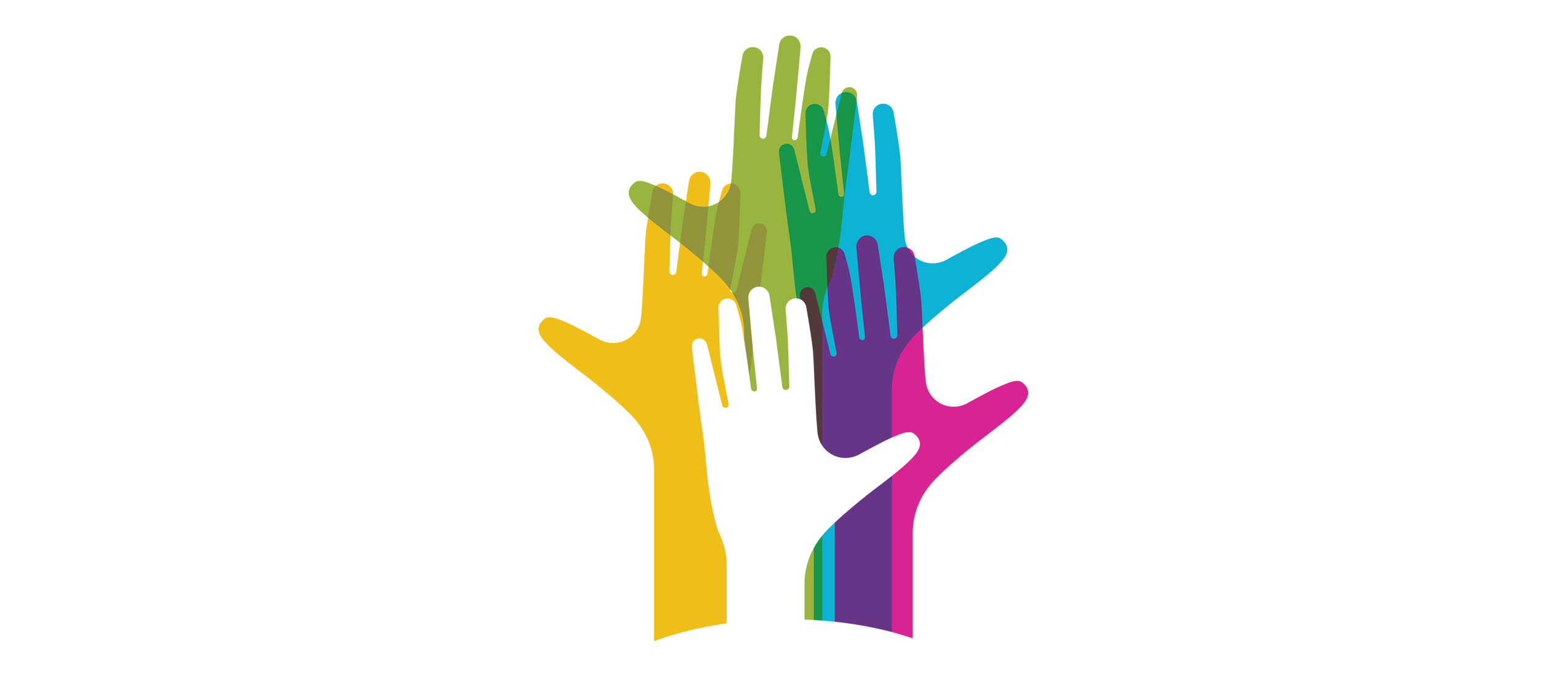The severe economic crisis resulting from the COVID-19 pandemic required that antitrust authorities worldwide revise parameters and views that guided their performance during the past few decades, and imposed on us the need for procedures and guidelines to be expanded and strengthened amid oversimplified and immediate solutions to the crisis. It is time we double our bets that competitions law can contribute to make it easier to understand economic phenomena and, particularly, the means to handle its more complex recent dilemmas. To which prospects should the antitrust community turn itself this year? It is hard to say it, but we must learn from what is already in front of us: our global and globalized case law, which has succeeded in solving most of the dilemmas we tackle in our daily work as adjudicators; not to mention competition law researchers and scholars everywhere, who truly make up the institutional memory of our century-old antitrust laws — and who, therefore, are the most apt to help renew and expand it.
By Alexandre Barreto de Souza & Edson Junio Dias de Sousa1
Rather than perspectives, horizons to be explored and broaden. Rather than expectations, new frontiers to be crossed and secured. Competition Law will most definitely face a wide range of possibilities and emergencies in 2021. Some issues will remain as others arise. The severe economic crisis resulting from the COVID-19 pandemic required that antitrust authorities worldwide revise parameters
...THIS ARTICLE IS NOT AVAILABLE FOR IP ADDRESS 216.73.216.129
Please verify email or join us
to access premium content!

